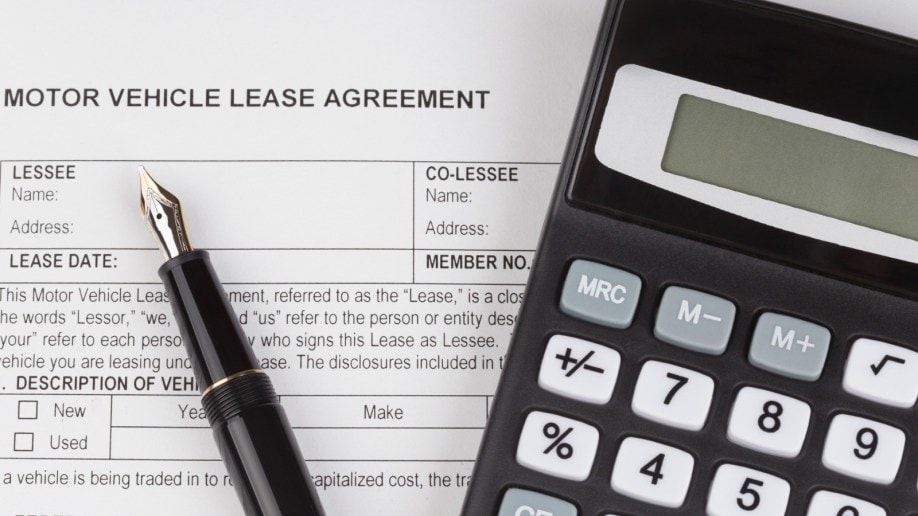
Law Treats Leases as Commercial Vehicles
Last August, the Inflation Reduction Act signed into law, which takes effect this week, restricted a federal tax credit of up to $7,500 to vehicles built in North America. The measure means that buyers of some popular EVs built overseas, including the Hyundai Ioniq 5, the Kia EV6, and many electric cars built by Mercedes and BMW, no longer qualify for the tax rebate.
However, Reuters reports, those rules apply to privately purchased vehicles. A separate section of the law governs commercial vehicles. A fact sheet released by the IRS suggests that leased vehicles may be considered commercial by the law, even though they are driven like privately owned vehicles.
Related: How Do Electric Car Tax Credits Work?
Buyers of commercial vehicles can claim the $7,500 credit, even if automakers built the cars outside North America.
Dealers Can Use $7,500 To Cut Prices
“Where a vehicle is acquired for lease to another person, the lessor is the original user,” the sheet reads. That allows dealers to claim the $7,500 credit themselves.
“Automakers said the credit could be used to reduce leasing prices,” trade publication Automotive News explains. Dealers could accept the $7,500 tax credit. They could then apply it to the price of the vehicle before setting lease terms, effectively lowering the sticker price.
Related: Government Lists Cars that Qualify for New EV Tax Credit
Some Automakers Want Rules Applied to Rideshare Vehicles, Too
Reuters reports that the South Korean government and several automakers have lobbied the IRS for further change. They want the agency to allow buyers to claim the credit on cars used as rideshare vehicles. The IRS fact sheet does not mention rental or rideshare vehicles, so it is unclear whether buyers can claim the credit on a car they plan to use to ferry passengers for Uber or Lyft.
We’ve asked the IRS for comment and will update this story if they respond.
Related: With New Law, Automakers Moving Electric Car Production to U.S.
Some Lawmakers May Object
Some lawmakers, meanwhile, have objected to the IRS treating leases as commercial sales. Senator Joe Manchin, the West Virginia Democrat who chairs the Senate Committee on Energy and Natural Resources, warns that the move could let automakers “focus their attention away from trying to invest in North America.”







